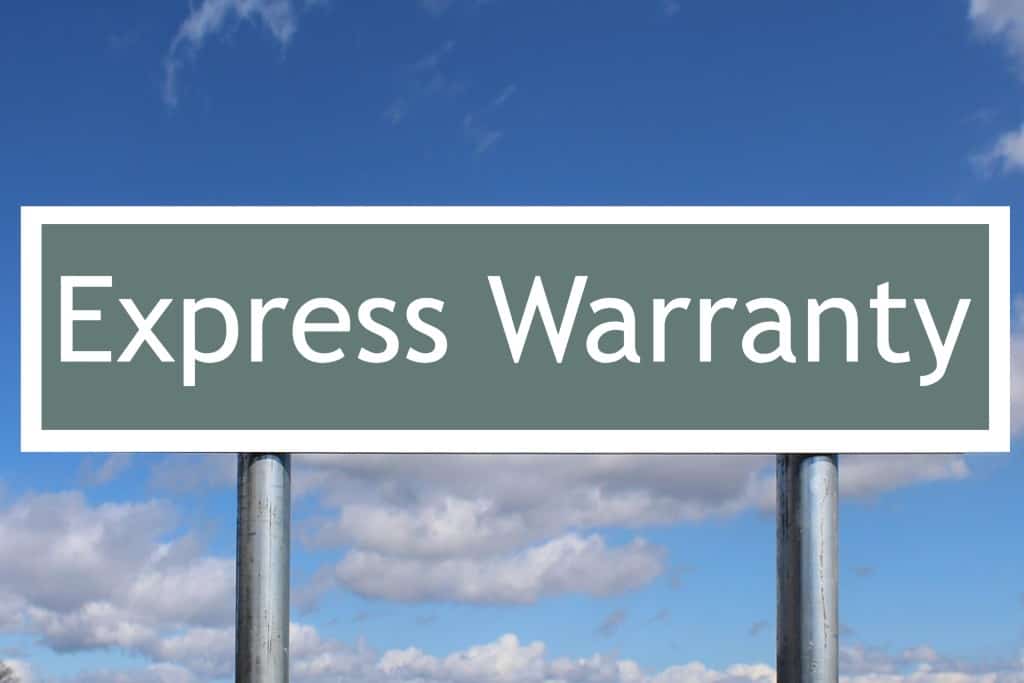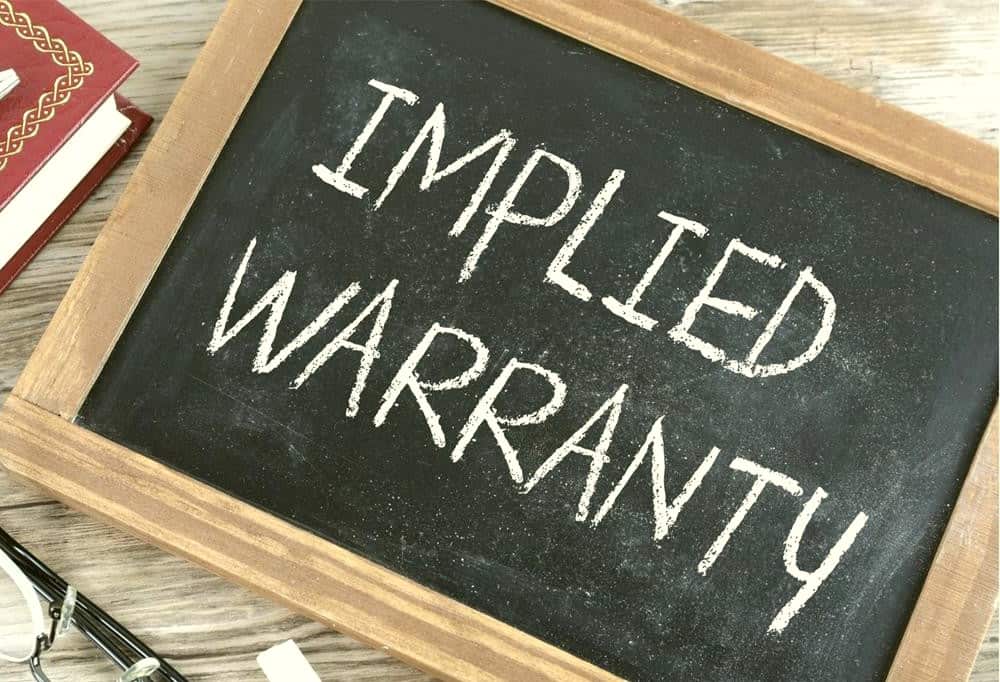A warranty is a promise from the seller of a product to the buyer that if there are any problems, they will be resolved by either repairing or replacing at no cost. There are two types of warranties: express and implied. Our California lemon lawyer tells you all about it.
An express warranty is when the seller makes certain promises about what you can expect from their product. An implied warranty is an unstated commitment that all products sold must meet safety standards and not harm anyone who uses it (or sometimes even just owns it). This blog post will discuss each type in detail, as well as how you can protect yourself against defective products.
How Lemon Laws Protect You?
The lemon law is designed to protect consumers from car manufacturers who refuse to fix their vehicles. If you’ve got a faulty vehicle and it’s under warranty, don’t worry! The law might require the manufacturer or dealer to replace your non-compliant car with one that meets federal standards at no cost; however they can also make repairs in return for reasonable time periods.

Types of Vehicle Warranties
Vehicle warranties are a type of insurance that covers the cost to repair or replace your car in case anything goes wrong. There are various types of vehicle warranties, so it is important to know what you’re getting yourself into before making the decision on which one is right for you. Here’s an overview of the common warranty types:
Express Warranty
You’ve probably got a warranty on your new car. Most of the time, these are called “express warranties“. They’re promises from automakers and dealerships that they’ll take care to make sure any problems with their products get fixed in a timely manner for an agreed-upon amount of time which is usually up until you sell or trade it back in.
An express warranty can be a great way to ensure that your vehicle doesn’t have any major problems in the first few years of ownership. However, if you want coverage for everything then this type will not work well with what is available and may only cover 36000 miles or up until 3 years from purchase date whichever comes first.
Implied Warranty
Implied warranties are not spoken or written promises that everything in the car will operate correctly and it won’t break down. Rather, an implied warranty is automatic and effective when you purchase your new vehicle; however dealers can disclaim them through their own dealer guide with no notice to buyers.
Warranty disclaimers are common in car sales, but one that stands out is “as-is.” The guide will say you’re buying the vehicle without warranties. Most states don’t apply their lemon laws to implied policies – this means there’s no protection if your dealer breaches an implied warranty on its own. But federal law might protect you from some problems even though they cannot be explicitly mentioned within these guidelines; check with a California lemon law lawyer before making any decisions about where best to invest time and money.

Service Contract
The best way to protect your investment is with an extended warranty. This separate contract covers repairs during specified periods when you’re not covered by the manufacturer’s warranty and will keep things like broken parts or replacements in case something goes wrong later on down the road
Service contracts are a great option for those who want peace of mind about their car’s future needs beyond what they can get through manufacturer warranties, which may lapse after sometime unless otherwise linked up at purchase time.
A private seller usually does not provide you with the required warranties and buyer’s guide, but this is based on their own laws. They can make up any excuse as to why they are providing “as-is” products that don’t come with guarantees or warranty policies unless one specific term has been written into your contract.
When Your Vehicle Is out of Warranty?
A number of states have consumer protection laws that prohibit dealers from misrepresenting the condition or history of your car. If you’re constantly having issues with it after warranty expires, then there may be some legal recourse available to help get things resolved.
Wrapping Up
We hope this blog post has helped you understand the difference between express warranty and implied warranty, as well as the types of warranties available to you. Remember not all manufacturers provide a vehicle with an express written warranty so it is important that you read over any paperwork before purchasing.
Most importantly, if your vehicle ceases to be covered by its original manufacturer’s limited new car or engine/powertrain coverage after 3 years or 36,000 miles (whichever occurs first), then some states have lemon laws in place for consumers. For more information on these protections, contact our California Lemon Law Attorney at +1 619-795-9430 today.
